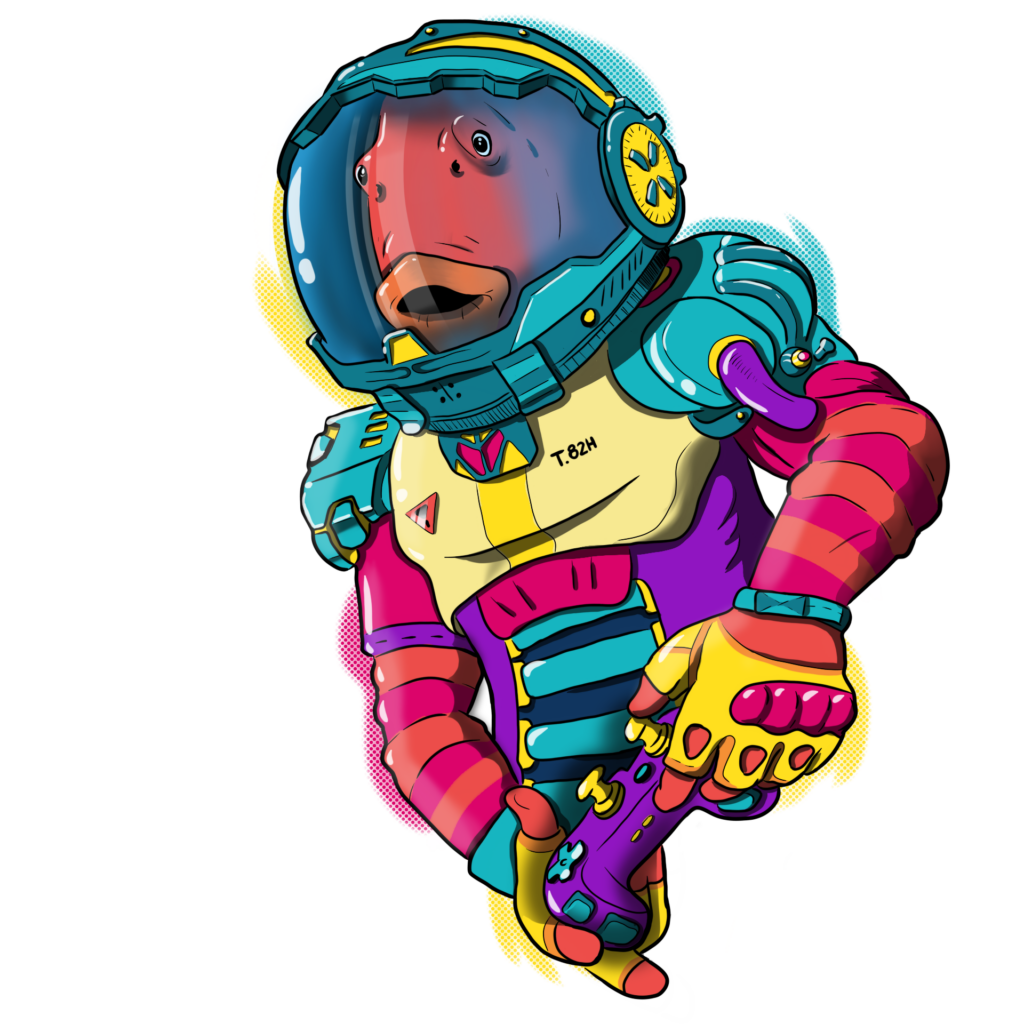The gaming industry has undergone a transformative change in recent years with the introduction of Games as a Service (GaaS), a groundbreaking business model that has tripled the market value of games. Unlike traditional one-time purchase games, GaaS offers players an ongoing experience and content, creating a captivating and continuous relationship with the gaming community.
We’re going to break down the concept of GaaS, its impact on the gaming industry, and the crucial role of multilingual localization in its development.
What Does Games as a Service (Gaas) Mean?
GaaS is a business model that provides video games or game content to players through a continuous revenue model akin to software as a service. It encompasses various ways to monetize games after their initial sale or to support a free-to-play model. This approach reduces customer acquisition costs and significantly extends the engagement and retention of players compared to traditional pay-to-play methods.

GaaS has given rise to several innovative and exciting monetization models that continue to shape the gaming industry. It began gaining traction with the advent of massively multiplayer online games (MMOs) like World of Warcraft, where a subscription model allowed developers and publishers to generate continuous revenue and develop new content. Games such as Candy Crush, Pokémon Go, Overwatch, and Fortnite have also embraced the GaaS model, further revolutionizing the gaming experience.
How Games as Services Changed the Gaming Industry
The shift towards GaaS has transformed the gaming industry’s approach to consumer sales. Developers now focus on building a large and loyal player base, prioritizing recurring revenue over one-time purchases. This new model has resulted in greater accessibility, usability, and substantial profits for game developers and publishers.
The ability to update and expand games over time allows developers to launch games earlier and continue refining and expanding the gaming universe with future updates. This iterative development process keeps players engaged and excited about new content.
GaaS employs personalized and unique payment methods, such as microtransactions, where players pay small fees for virtual items or to unlock new features. Additionally, ads have become integrated into games, offering rewards for players who engage with them, further contributing to revenue generation.
Localization’s Vital Role in GaaS Development
In the GaaS environment, constant updates and new content are essential to keeping players engaged. This places significant demands on localization teams, requiring agile workflows and procedures to accommodate short-notice updates. Furthermore, GaaS games are often accessible through cloud streaming, enabling cross-platform functionality, which requires localization testing on various platforms.

The challenges of shorter production and quality assurance cycles, massive multilingual updates, and simultaneous shipments emphasize the importance of working with a reliable language service provider (LSP). A proficient localization team ensures that a vast number of multilingual materials are available on time, helping the game succeed in global markets.
Localized versions of a game that are poorly executed may hinder its reception in targeted markets. Accurate and culturally sensitive localization is crucial for the game’s success among diverse audiences.
The Takeaway
GaaS offers numerous benefits, including earlier releases, a continuous revenue stream, and an extended lifespan for games. As game developers embrace this innovative model, the importance of localization becomes paramount in reaching new markets, expanding global visibility, and creating an immersive gaming experience for players.
A well-executed localization strategy helps build a strong and supportive gaming community, ensuring the game’s sustainability and profitability as a service. Partnering with a reliable LSP enables developers to navigate the challenges of multilingual updates and testing, allowing them to focus on delivering exceptional gaming experiences to players worldwide. As the gaming industry continues to evolve, multilingual localization will remain a vital tool for success in the GaaS era.



